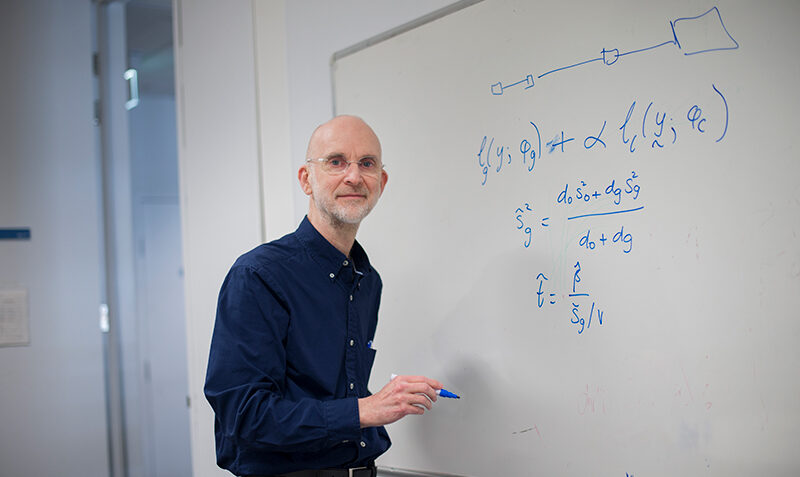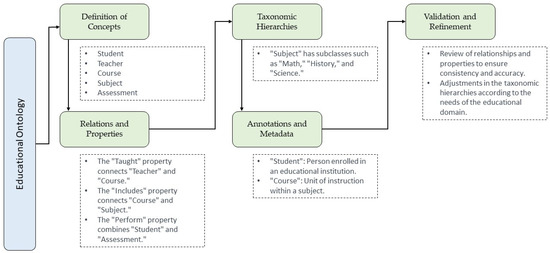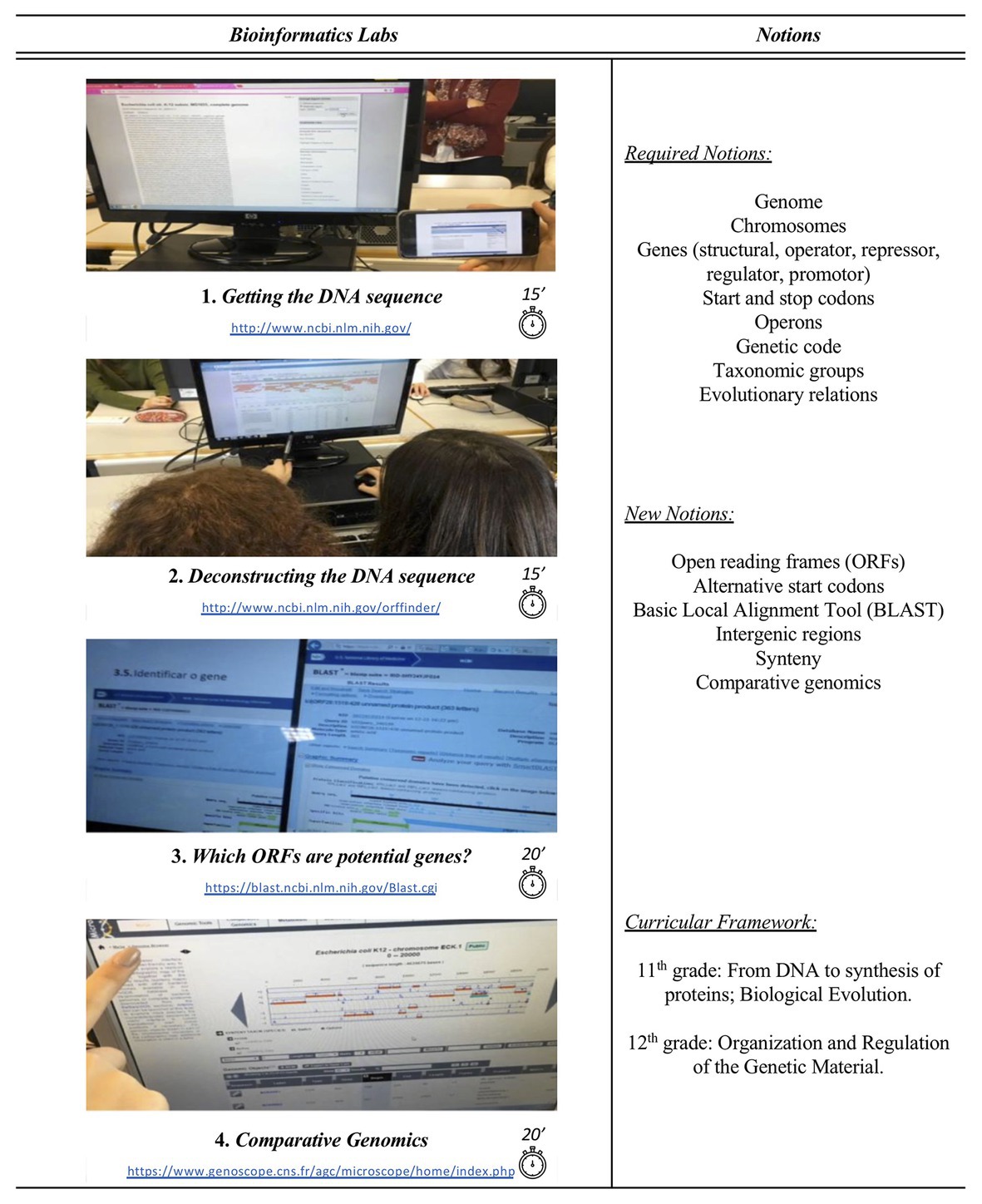Not known Facts About Bioinformatics Tutor
Not known Facts About Bioinformatics Tutor
Blog Article
5 Easy Facts About Bioinformatics Tutor Explained
Table of ContentsEverything about Bioinformatics TutorEverything about Bioinformatics TutorMore About Bioinformatics TutorGetting The Bioinformatics Tutor To WorkThe Bioinformatics Tutor PDFs
Of the total participants associated with the training, 80% were students from public college organizations, while the staying 20% came from personal establishments. To receive a certification of involvement, pupils were called for to go to a minimum of 90% of the overall training hours. As a result of this requirement, a remarkable 95% of the individuals efficiently obtained their certificates, having not only satisfied the minimum attendance criteria yet additionally finished all designated activities throughout the training.
During the height of the COVID-19 pandemic, specifically in between June and August 2020, the job team was entrusted with organizing specialized training in bioinformatics. This training was specifically focused on trainees from the research group Core for Research in Applied Computing at the Federal College of Pará (UFRA) The adaptation to remote learning systems due to the pandemic produced a possibility to check out brand-new mentor methods and electronic tools that improved both reach and performance.
This training course was created to offer an easily accessible yet detailed introduction of Artificial Intelligence techniques, specifically as used in bioinformatics (Bioinformatics Tutor). This online format enabled engagement from pupils across Brazil, many of whom could not have had the possibility to go to in-person sessions.
Facts About Bioinformatics Tutor Uncovered
Approximately 50% of the overall training hours were dedicated to sensible activities where trainees built intelligent models and applications in a variety of clinical domains, consisting of genetics, molecular biology, and ecological information evaluation. These systems enabled students to engage in real-time information adjustment, model training, and algorithm trial and error.
The course attracted 80 participants in total. Sixty of them were affiliated with various college establishments in the state of Pará, while the continuing to be twenty came from institutions situated in 5 various other Brazilian states. This wide geographical depiction highlighted the national interest in bioinformatics and the growing demand for specialized abilities in this location. By presenting Artificial Knowledge in a functional and appropriate context, the initiative offered to link the space between theory and real-world application, providing pupils with a strong structure for future research study or employment in the field.
The training initiative formed component of a more comprehensive scholastic outreach effort referred to as the Bioinformatics when traveling task. This job has, for many years, presented loads of trainees to the world of bioinformatics and computational biology. The events held under this umbrella effort have actually occurred throughout numerous areas and years, as summarized in Table 1 (Listing of events, places, years, and complete numbers of trainees and trainers)
Numerous of these groups, originally brought together by their involvement in training occasions, have actually considering that gone on to create independent clinical study in partnership with local scholastic establishments. The training not only promoted scientific reasoning within the context of bioinformatics yet additionally sparked collective connections that expanded past the training setting.
The Buzz on Bioinformatics Tutor
The job itself was conceived and organized by megabytes and RR, that managed the planning and implementation of each step. Lectures were supplied by a multidisciplinary team containing megabytes, FA, EF, KP, JS, DM, SN, LP, LG, IH, rr, and air conditioning. The exact same group, leaving out IH and RR, also acted as tutors for the sensible training modules. Financing for the job was provided with the grant 88887.200562/ 2018-00 from CAPES. The writers extend their appreciation to every person who contributed to the understanding of this project, whether straight or indirectly, because its beginning.
The Federal College of Pará's Workplace of Research study (PROPESP/UFPA) additionally provided monetary support, specifically for the manufacturing of the last manuscript. The writers declare no business or financial conflicts of rate of interest that can have influenced the research study. All interpretations and point of views revealed in this short article are entirely those of the writers and do not always reflect those of their corresponding organizations, the publisher, editors, or customers included in the magazine process.

The Ultimate Guide To Bioinformatics Tutor
From an instructional viewpoint, the teaching technique used in the training was deliberately interactive. Classes were performed in a fashion that encouraged pupil involvement and discussion, surpassing memorizing memorization click here for more info to explore just how concepts are created, used in every day life, and evaluated in visit homepage academic setups. The educational philosophy concentrated on supporting both strong and struggling pupils, providing personalized assistance, and building self-confidence via continual mentorship and perseverance.

Each team, including approximately 36 participants, was sustained by three coaches-- most of whom were postdoctoral researchers with specific competence. These mentors not only helped develop the team projects however additionally promoted their execution, making sure that each study question was both relevant and suitably challenging. The objective was to provide a biologically sensible context that participants could discover with flexible goals and accessibility to curated datasets.
For added insights into the technique and results of this project-based knowing approach, visitors are guided to S1 Text, that includes in-depth summaries of the pedagogical structure, analysis approaches, and go to this website project styles made use of in the training sessions.
The Main Principles Of Bioinformatics Tutor
Of the total participants included in the training, 80% were pupils from public greater education and learning institutions, while the staying 20% came from private institutions. To qualify for a certification of engagement, trainees were needed to go to at least 90% of the complete training hours. Notably, past the students that signed up in the training sessions, seven skilled trainers took part in delivering the training courses, while three specialized research study professors coordinated the total training process. Around 50% of the overall training hours were dedicated to functional tasks where pupils constructed smart versions and applications in a variety of clinical domains, consisting of genes, molecular biology, and ecological information evaluation. The training not just fostered clinical reasoning within the context of bioinformatics yet also sparked collective connections that expanded beyond the training atmosphere.
Report this page